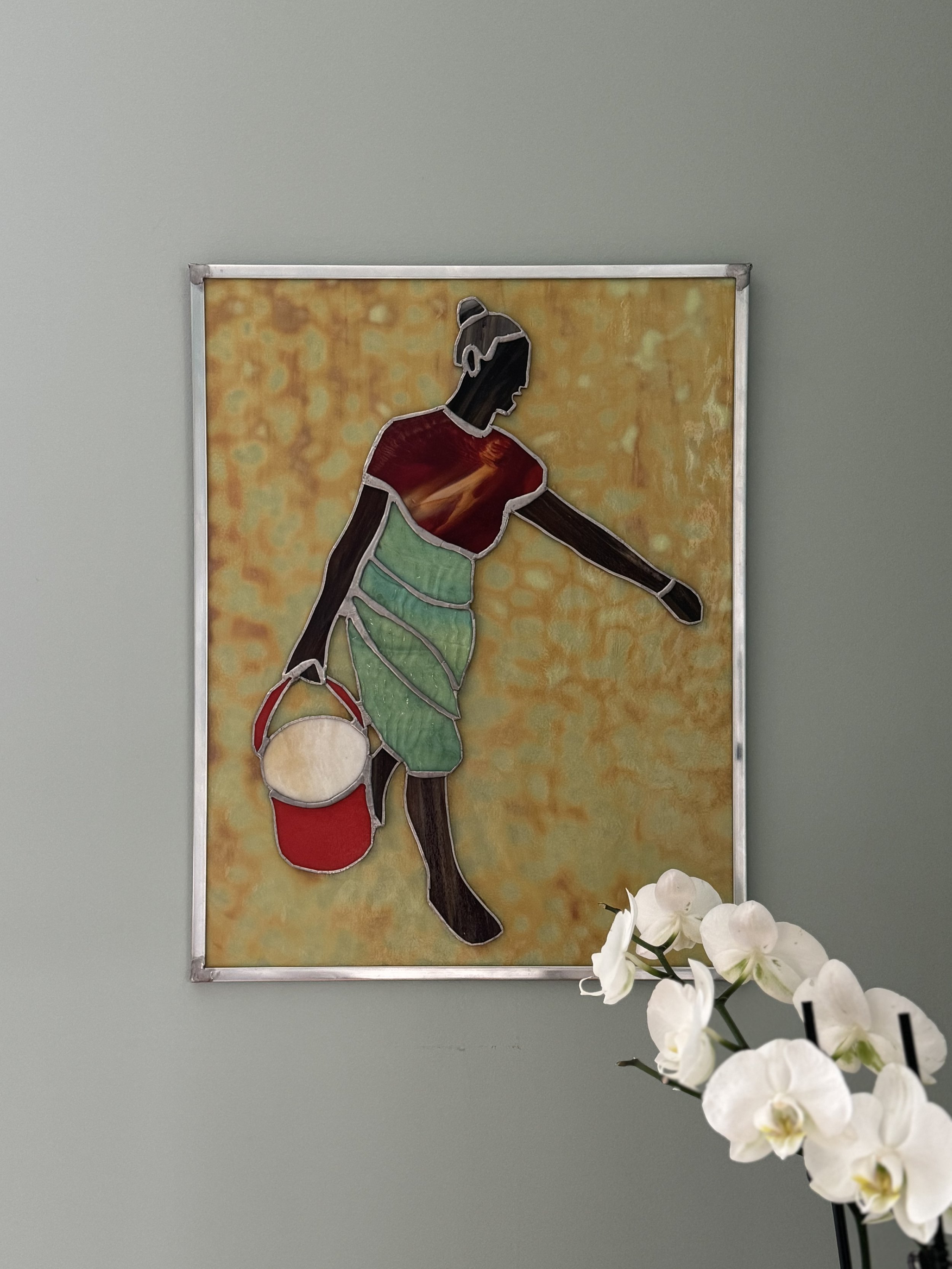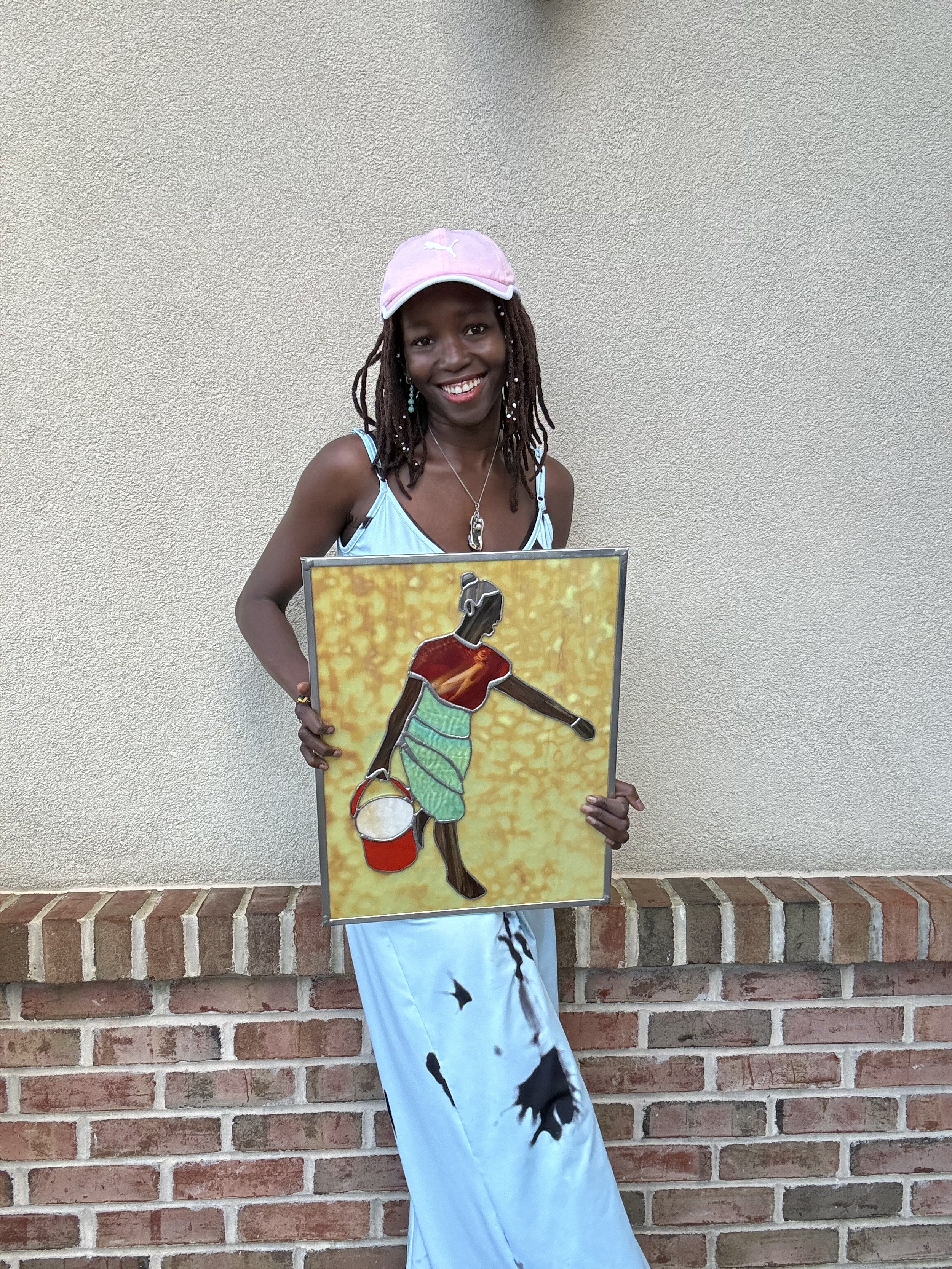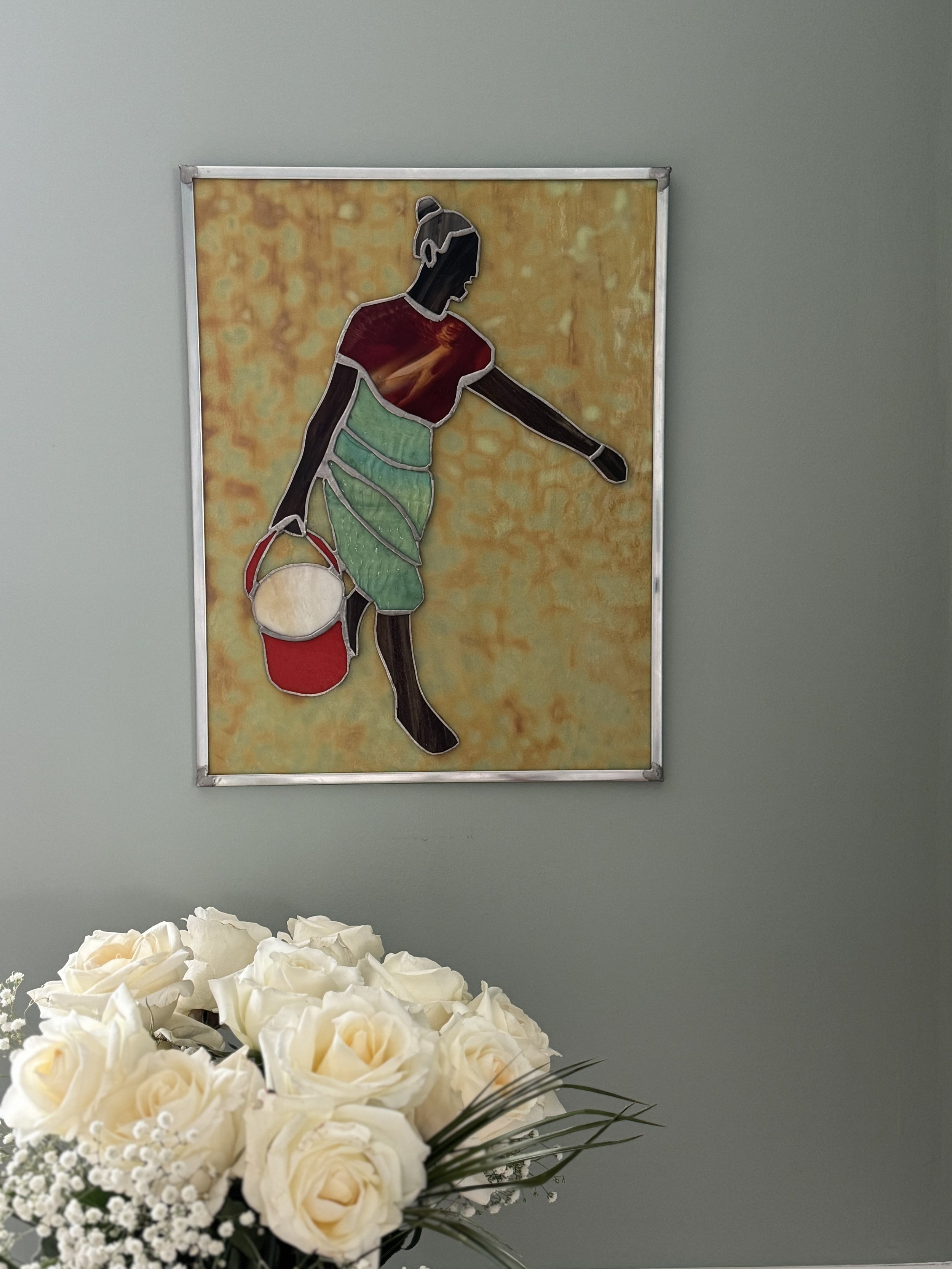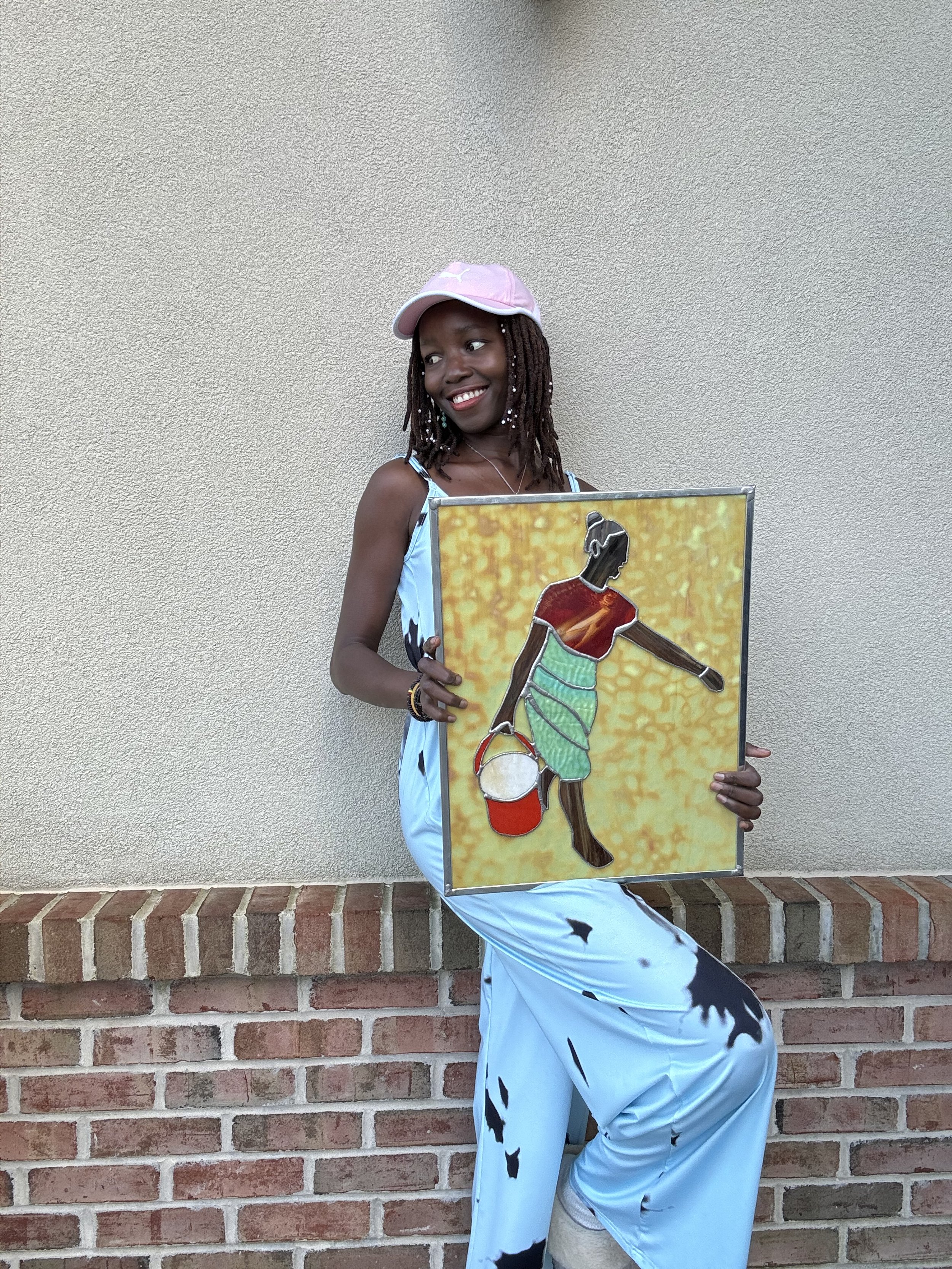



“Gui Ta La,” Translates to Someone Who Retrieves Water
It's heart-wrenching to think about the paradox that exists within Guinea, often referred to as the "Château d'Eau d'Afrique" or the African Water Tower. This title suggests abundant water resources, yet the reality on the ground couldn't be more contrasting. Imagine, in a place dubbed the continent's water reservoir, people wake up each day facing the grueling task of collecting water – a basic necessity that should ideally be readily available. The term “Gui Ta La,” translating to someone who retrieves water, becomes not just a term but a testament to the resilience and daily struggles of the Guinean people. It's ironic and deeply frustrating. Here we are, sitting atop an immense wealth of water resources. Yet, our brothers and sisters, our children, have to undertake a daily odyssey, often covering long distances and facing numerous hurdles to fetch water. This water is not only for drinking but for cooking, cleaning, and every other aspect of daily life. This situation isn't just uncomfortable; it's downright unacceptable and a glaring indicator of the failures in infrastructure and governance. It's a clear call to action for improvement, for investments in water infrastructure that ensure water from our abundant rivers and underground aquifers reaches every home. The disparity between the natural wealth and the lived experiences of the people highlights a deep-seated issue that needs urgent attention.
My love for Guinea is immense, and it's precisely because of this love that I feel compelled to shine a light on these issues. It's not just about lamenting the current state; it's about fostering a dialogue for change, pushing for solutions that bridge the gap between our natural wealth and the daily experiences of our people. Ensuring access to water, a fundamental human right, is a step towards dignity, health, and prosperity for all Guineans. It's high time we moved beyond the romanticized image of the "African Water Tower" and tackled the realities on the ground. Let's work towards a future where the term “Gui Ta La” becomes obsolete. It is a mere historical reference to a challenge we overcame together, ensuring every Guinean can access clean and safe water directly in their homes. This is not just about convenience; it's about equality, health, and, fundamentally, about human rights. Our natural endowments should be a source of prosperity for all, not just a poetic nickname.
